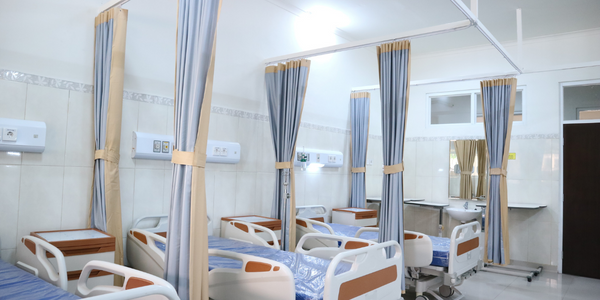Top Hospital Working to Develop a “Digital Companion” that Could Save Lives

- Application Infrastructure & Middleware - Data Exchange & Integration
- Application Infrastructure & Middleware - Database Management & Storage
- Platform as a Service (PaaS) - Data Management Platforms
- Healthcare & Hospitals
- Business Operation
- Remote Patient Monitoring
To help more people live longer, cardiologists need data such as electrocardiogram (ECG) readings or blood pressure measurements collected over weeks, months, or even longer. To make such data collection possible, a consortium of 37 organizations built an Internet of Things (IoT) prototype called Digital and Analog Companions for an Aging Population (digilog). Using a fitness band and tiny wearable sensors, digilog captures and sends a patient’s ECG readings and other health measurements to Microsoft Azure. There, IoT and other services transform disparate medical data into easy-to-read summative dashboards and key performance indicators (KPIs), which users and their physicians can view from a mobile app or a web portal. As digilog undergoes extensive tests, its creators are excited by its potential to save lives, lower healthcare costs, and provide needed care in remote and underdeveloped regions.
Every year, approximately 17 million people around the globe die of cardiovascular disease. Many could survive if their physicians were aware of critical changes occurring in their vascular system and heart. However, for numerous reasons, many people fail to report symptoms to their physician until it’s too late. And often there are no external symptoms. Professor Kurt J.G. Schmailzl, Head of the Department for Heart, Vascular, and Thoracic Diseases at Ruppiner Kliniken, a leading hospital in Germany, explains, “Our cardiology department takes care of patients in a very efficient way when they are here. To help save more lives, however, we need to give people a way to collect long-term data about their health—before and after they leave the hospital—and do so in a way that doesn’t interrupt their daily lives.”
Related Case Studies.











